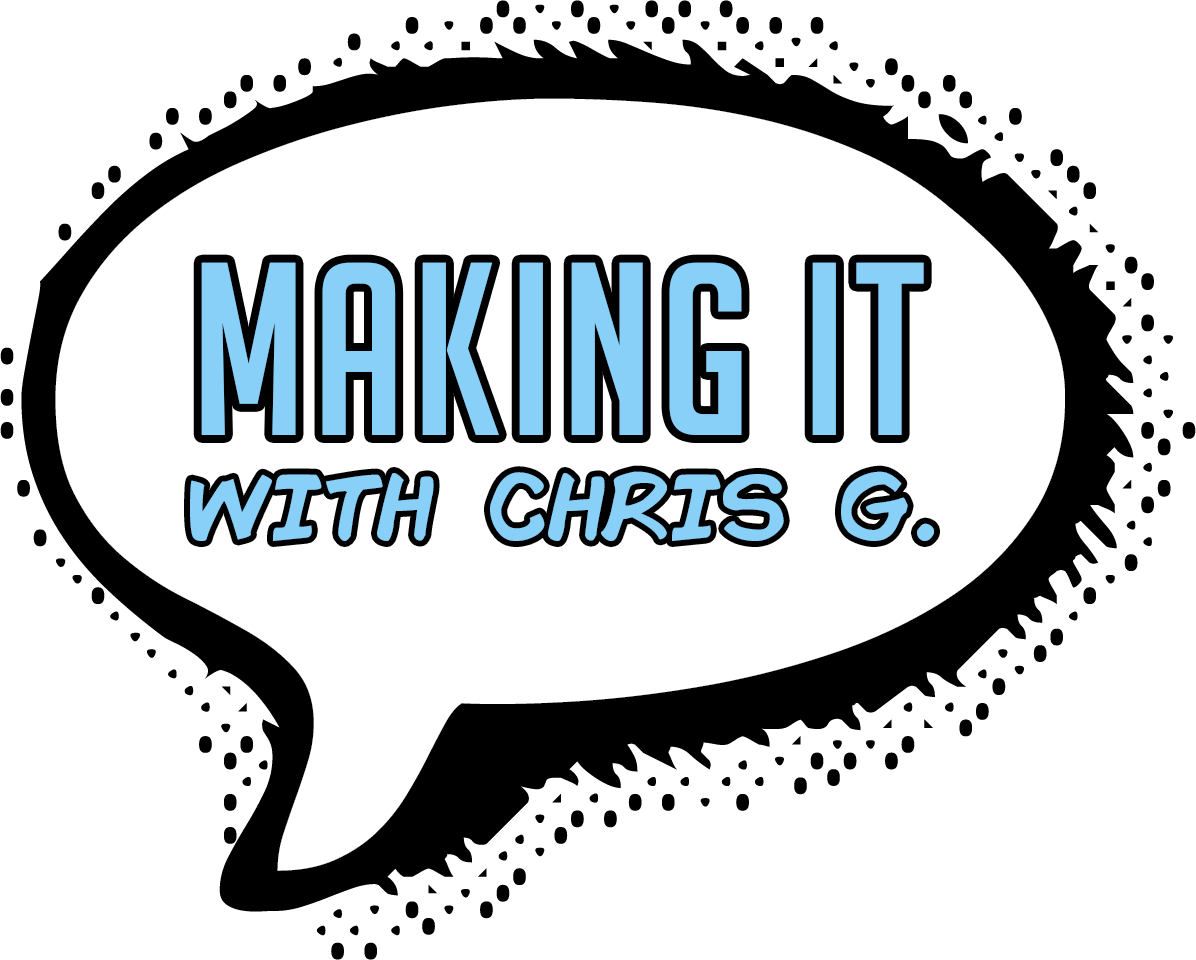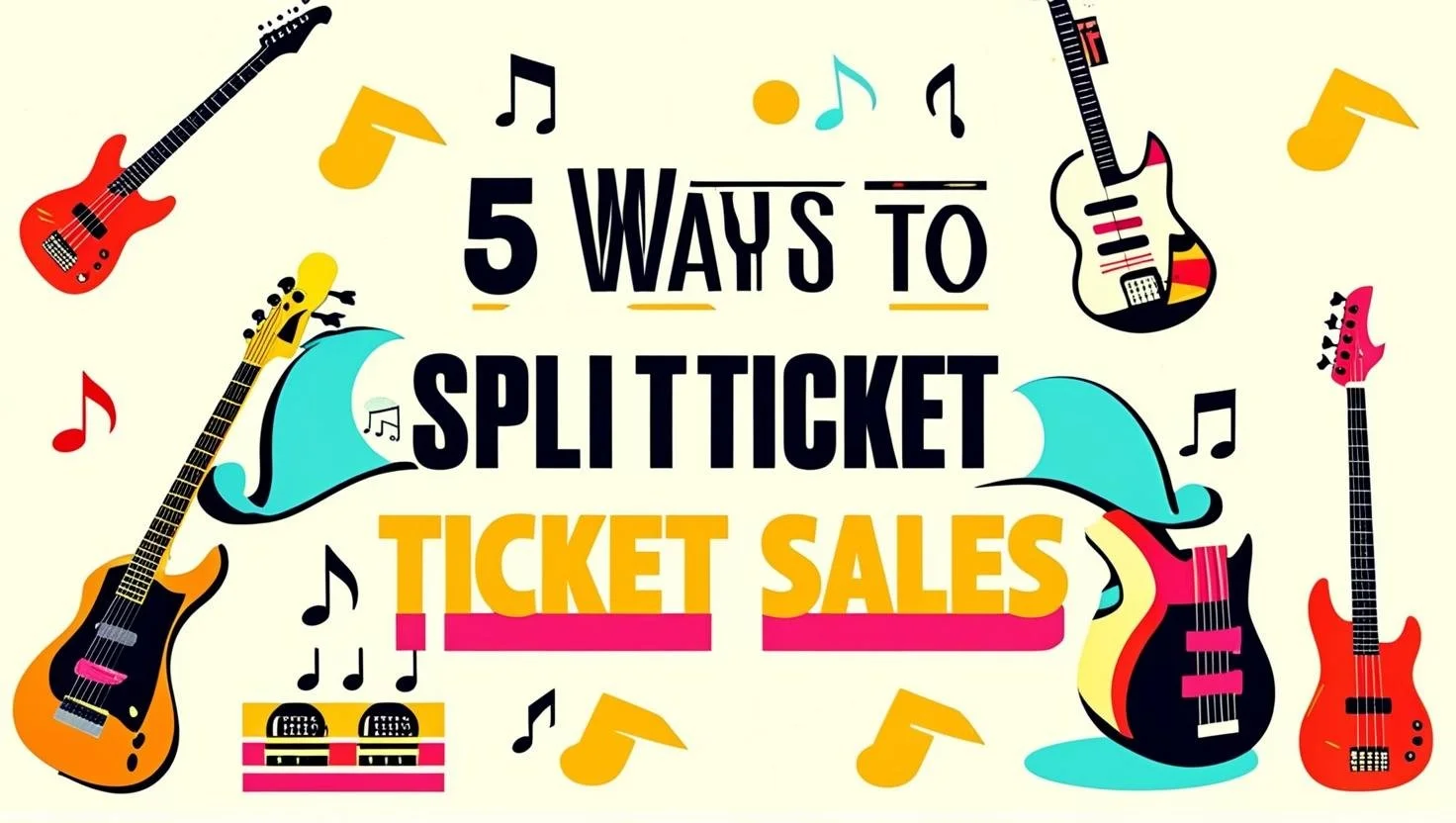How to Become a Concert Promoter in 2025: Key Skills, Tools, and Strategies for Success
/The live music industry is thriving in 2025, offering exciting opportunities for aspiring concert promoters. However, breaking into this competitive field requires networking, skills, and a deep understanding of how the industry operates. Whether you're just starting or looking to grow, this guide will walk you through the essentials of becoming a concert promoter, including key job requirements, tools, and insider tips.
Before you begin, it’s also very important to understand “How Shows Get Booked.” Here is a tutorial on the entire booking process from getting the avail to going on sale.
Key Job Requirements for Concert Promoters
1. Networking is Everything
Building connections is the cornerstone of a successful career as a concert promoter. It’s not just about who you know but who knows you. Here’s how to get started:
Attend Industry Conferences:
PollstarLive (Los Angeles, February): A top-tier conference for high-level industry professionals.
IEBA (Nashville, October): A must-attend event for connecting with entertainment buyers and agents.
NIVA Conference: Ideal for connecting with independent promoters and venues.
Bonus: SXSW (Austin, March) is great for exploring the broader creative landscape.
Cold Outreach: Cold emails and calls are inevitable when starting out. Use these methods to introduce yourself to agents and promoters. Remember to keep the tone professional and concise.
Face-to-Face Meetings: Once you’ve established initial contact, plan trips to industry hubs like Los Angeles, Nashville, and New York. Meeting in person strengthens relationships and shows your commitment.
2. Develop Key Skills
Successful concert promoters possess a mix of soft and hard skills:
Communication: Email remains the primary form of communication, but a well-timed phone call can make all the difference.
Negotiation: Understanding deal structures is crucial when working with agents and venues.
Patience and Persistence: Building relationships and booking shows take time, so consistency is key.
3. Understand the Financial Landscape
Salary expectations for concert promoters vary widely. Articles online suggest a range of $28,000 to $187,000 per year, but if you’re running your own business, the sky's the limit. Early on, focus on building experience and revenue streams like ancillary income and promoter rebates.
Essential Tools for Concert Promoters
1. Industry Platforms
PollstarPro: Offers invaluable insights into new signings, tour announcements, and artist performance history. Start with the Industry Hotwire feature to track emerging talent.
Rostr: A tool that maps agency representation for artists and provides valuable visuals for festival lineups and agent relationships.
Celebrity Access: An additional resource for industry contacts and event news.
2. Venue Research
Subscribe to email newsletters from venues across the country, focusing on spaces with 200–1,000 capacities. Analyze their announcements to identify potential booking opportunities in your market.
3. Festivals and Newsletters
Stay updated on festival lineups and emerging artists by following industry newsletters. Look for acts that haven’t toured your region yet—they’re likely to be open to new markets.
Steps to Building Your Career
1. Start Locally
Begin by organizing small events:
Local showcases
Club nights featuring emerging artists
House concerts
These events allow you to build a reputation, gain experience, and establish relationships with local artists and venues.
2. Follow Up Religiously
Networking doesn’t stop after the first meeting. Regularly follow up with agents, promoters, and other industry contacts. Keep communication concise and professional, ensuring you stay on their radar without becoming a nuisance.
3. Invest in Relationships
As you book shows and develop rapport with agents, consider visiting their cities for in-person meetings. Prioritize trips to Los Angeles, Nashville, and New York, and consider secondary markets like Denver and Chicago for additional networking opportunities.
Keys to Success in Concert Promotion
Master Forecasting: Accurate budgeting is critical. Understand ticket sales potential, expenses, and ancillary revenue streams to maximize profitability.
Embrace Feedback: If you lose out on a show, ask agents what you could do better. This feedback is invaluable for growth.
Be Part of Your Local Scene: Attend shows, support local artists, and immerse yourself in the community. Building a scene benefits everyone involved.
Final Thoughts
Becoming a concert promoter in 2025 requires dedication, strategic networking, and a passion for live music. While the road can be challenging, the rewards are worth it for those willing to put in the work. Start small, leverage the tools and strategies outlined here, and continuously invest in building your skills and network.
Want to dive deeper? Check out the full 45-minute video with more tips and strategies on Patreon.






